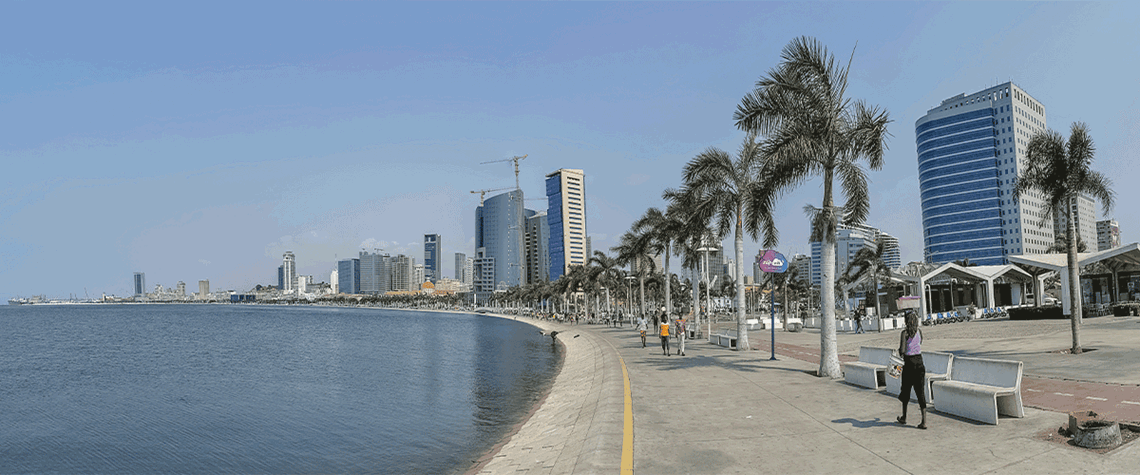Angola’s OPEC departure runs deep
Luanda’s decision to leave the influential group surprised many observers but may have been coming for some time
Angola announced its decision to withdraw from OPEC on 21 December, effective 1 January, after 16 years of membership. In an official statement, sub-Saharan Africa’s second-largest oil producer said that it “needs to concentrate its efforts on implementing the strategies defined in the National Development Plan for the national oil sector”. Angola’s minister of mineral resources, oil and gas, Diamantino Azevedo, said OPEC’s allocation at the end of November of a 1.11m b/d production quota "was not taken unanimously and went against Angola's position”, with Luanda instead targeting 1.18m b/d in 2024. OPEC’s revised quota “would force Angola to cut its production by 70,000b/d”, the statement f

Also in this section
17 February 2026
The 25th WPC Energy Congress, taking place in Riyadh, Saudi Arabia from 26–30 April 2026, will bring together leaders from the political, industrial, financial and technology sectors under the unifying theme “Pathways to an Energy Future for All”
17 February 2026
Siemens Energy has been active in the Kingdom for nearly a century, evolving over that time from a project-based foreign supplier to a locally operating multi-national company with its own domestic supply chain and workforce
17 February 2026
Eni’s chief operating officer for global natural resources, Guido Brusco, takes stock of the company’s key achievements over the past year, and what differentiates its strategy from those of its peers in the LNG sector and beyond
16 February 2026
As the third wave of global LNG arrives, Wood Mackenzie’s director for Europe gas and LNG, Tom Marzec-Manser, discusses with Petroleum Economist the outlook for Europe’s gas market in 2026







